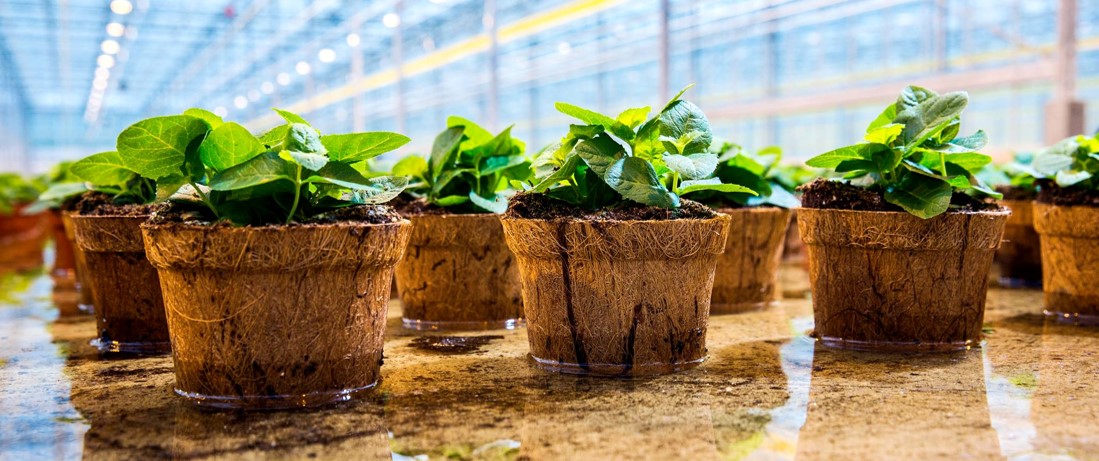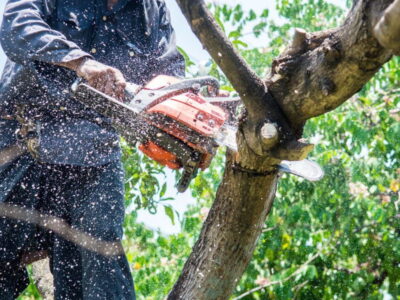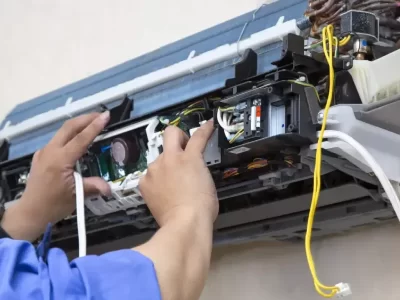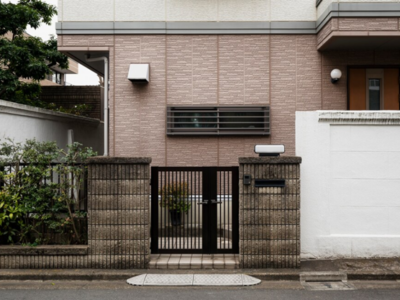The world of gardening and plant care has seen a significant transformation in recent years. Sustainability, once a peripheral concern, has now taken center stage. As the demand for green solutions grows, businesses and individuals alike are looking for environmentally-friendly options. A notable trend emerging in this domain is the shift towards eco-friendly bulk solutions, specifically in the realm of wholesale pots for plants.
Why Shift Towards Sustainable Wholesale Pots for Plants?
With increasing awareness about the environmental impact of plastic and non-degradable materials, there’s a growing consciousness among consumers about the products they buy. This shift isn’t merely a fashion statement. There are tangible benefits:
- Reduced Carbon Footprint: Manufacturing pots using sustainable materials often requires less energy than traditional processes.
- Waste Reduction: Sustainable pots decompose or can be recycled, reducing landfill waste.
- Promotion of Eco-friendly Practices: When businesses opt for green solutions, they influence others in the industry to do the same.
- Consumer Appeal: Many consumers today prioritize eco-friendly products, boosting the market demand for sustainable alternatives.
Materials Making a Difference
Biodegradable Pots
One of the frontrunners in the shift towards eco-friendly gardening solutions is the biodegradable pot. These pots, often crafted from organic materials, decompose over time, leaving no trace behind.
- Coir Pots: Made from coconut fibers, these pots not only decompose but also allow for excellent aeration and drainage for the plants.
- Peat Pots: Crafted from compressed peat, these pots are ideal for seedlings. As they decompose, they enrich the soil with organic matter.
- Rice Husk Pots: Using rice husks, these pots are sturdy and can last for several seasons before they start decomposing.
Recycled Materials
The usage of recycled materials is another sustainable approach for manufacturing wholesale pots for plants. Materials that might have ended up in landfills get a second life, making this approach doubly beneficial.
- Recycled Plastic Pots: These pots utilize plastics that might have otherwise polluted the environment. They offer the sturdiness of conventional plastic pots but with a lesser environmental impact.
- Recycled Paper Pots: While not as durable as other options, they serve as an excellent choice for temporary solutions like transplanting.
Design Innovations in Sustainable Pots
The journey towards sustainability isn’t just about the materials but also about innovative designs that reduce the ecological footprint.
- Modular Designs: Some pots are designed to be modular, allowing users to expand or adjust based on the plant’s growth. This means fewer pots are used over a plant’s lifetime.
- Self-Watering Systems: By integrating self-watering systems, the amount of water used (and wasted) can be significantly reduced. This not only conserves water but also ensures plants get a consistent supply.
- Multi-use Pots: Designs that allow for multiple uses, such as a pot that can transform into a saucer, reduces the need for multiple products.
Making the Shift – Things to Consider
Switching to sustainable wholesale pots for plants is a commendable step, but there are certain factors businesses should consider:
- Cost Implication: While the initial costs might be higher than traditional pots, the long-term benefits, both environmental and in terms of consumer appeal, can outweigh these costs.
- Supplier Authenticity: Ensure that the suppliers genuinely offer eco-friendly solutions and aren’t just using sustainability as a marketing gimmick.
- Consumer Education: It’s essential to educate consumers about the benefits and care for sustainable pots, ensuring they get the best experience.
Conclusion
In an era where sustainability is not just preferred but essential, the emergence of eco-friendly solutions in every sector is a welcome change. The gardening industry, with its shift towards sustainable wholesale pots for plants, is setting a commendable example. From biodegradable options to innovative designs, the green revolution in plant care is here to stay, paving the way for a healthier planet.












Comments